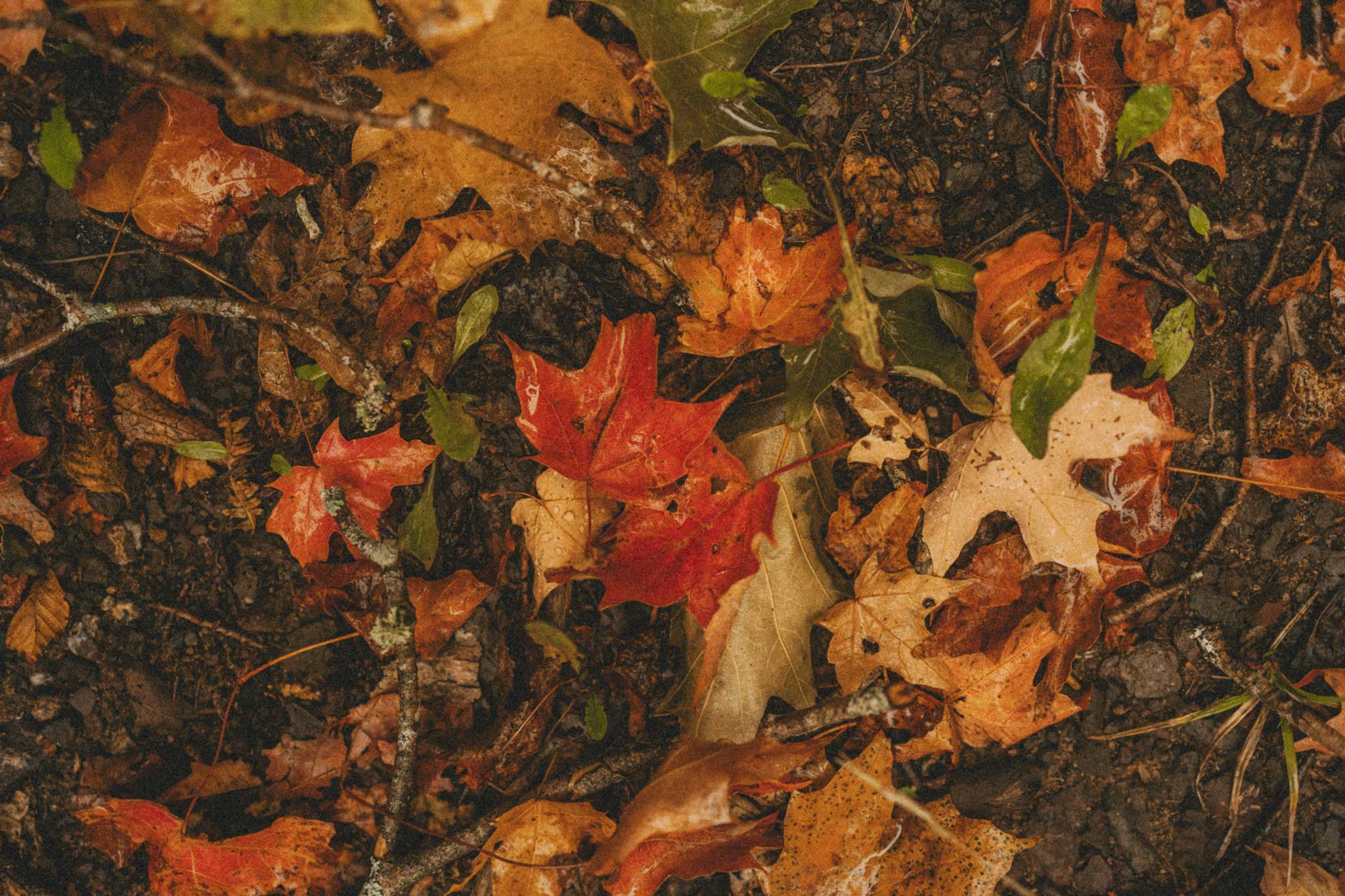Autumn in Cornwall brings cooler temperatures, shorter days, and a change in the landscape as nature begins to wind down for winter. For gardeners, it’s a season of preparation, clearing, and ensuring the garden is ready for the colder months ahead. While the warm summer might have left your garden looking lush and full, by the time autumn rolls around, there’s a lot to be done to keep things tidy and set the stage for spring. Alongside these tasks, managing garden waste efficiently is key, especially with fallen leaves, dead wood, and summer grass clippings piling up.
Though local councils do provide garden waste collection services, these are often limited in terms of the amount they can take away. Given the sheer volume of organic waste that builds up during this time of year, hiring a skip from DSW can be a much more practical and convenient option.
Here are some key jobs that need to be done in the garden during autumn, and why a skip can make clearing up afterwards so much easier.
1. Clearing Fallen Leaves
One of the most time-consuming tasks in the autumn garden is dealing with fallen leaves. Cornwall’s lush greenery, combined with the mild autumnal weather, can result in a significant amount of leaf fall. While leaves can be beneficial for making compost, a large number of them can smother your lawn and garden beds if left unattended. Raking up fallen leaves regularly is essential to ensure your grass doesn’t get starved of light and air, which can lead to dead patches.
Once collected, leaves can be composted, but this requires space, time, and effort. For those with smaller gardens or limited time, it’s often more practical to dispose of large quantities of leaves using a skip. Rather than relying on the council’s limited collection services, a skip allows you to clear large piles of leaves in one go, freeing up your time for other essential garden tasks.
2. Pruning and Trimming
Autumn is the ideal time to prune trees, shrubs, and hedges. Many plants are entering their dormant phase, making it easier to shape them without causing undue stress. In Cornwall, where gardens are often filled with a variety of hardy shrubs and native plants, autumn pruning can be a major task.
Dead branches and overgrown plants not only make your garden look untidy but can also be a hazard during winter storms. Once you’ve finished pruning, you’ll be left with a considerable amount of woody material, which is bulky and difficult to transport. Hiring a skip ensures you can get rid of these branches without worrying about making multiple trips to the tip or waiting weeks for council collection.
3. Lawn Care and Grass Clippings
Throughout the summer, your lawn will have grown rapidly, especially in Cornwall’s mild climate. By the time autumn arrives, it’s likely that your grass has been cut several times, leaving you with piles of grass clippings to deal with. Regular lawn care in autumn involves giving your grass one last cut before the winter sets in and potentially aerating it to promote better drainage.
Grass clippings, while excellent for compost, can build up quickly and may not all fit into your compost bin. If you’re dealing with large quantities, especially after aeration, having a skip on hand allows you to clear your garden efficiently without worrying about overflowing bins or finding space to store the clippings until spring.
4. Removing Dead Plants and Weeds
By the time autumn comes around, many summer annuals will have finished blooming, and some perennials will be starting to die back. Removing these dead plants is essential for keeping your garden tidy and preventing pests and diseases from overwintering. Weeds, too, should be dealt with before they have a chance to set seed and spread.
Dead plants and weeds can be composted, but large quantities might overwhelm your compost heap. For those who prefer to keep things simple, hiring a skip ensures that you can dispose of all unwanted plant material quickly and easily, allowing you to focus on more important tasks like planting bulbs for spring or mulching your borders.
5. Tidying Up the Vegetable Patch
If you’ve been growing vegetables throughout the summer, autumn is the time to clear away spent plants and prepare the soil for next year’s crops. Removing dead tomato vines, bean stalks, and other plant debris is vital for maintaining healthy soil and reducing the risk of disease.
The sheer amount of plant matter that comes out of a well-used vegetable patch can be surprising, and dealing with it can be a challenge. With a skip, you won’t have to worry about where to put all the waste, giving you more time to focus on improving your soil for the next growing season.
6. Disposing of Dead Wood and Storm Debris
Cornwall is known for its sometimes wild and windy autumn weather. As storms roll in from the Atlantic, your garden may end up with dead branches, twigs, and other debris scattered across it. Clearing these away is not just a matter of tidiness – it’s also important for safety and for protecting your plants from potential damage.
Disposing of dead wood and large amounts of storm debris can be difficult if you don’t have the right equipment. A skip makes this task much more manageable, allowing you to clear large amounts of material in one go and ensuring your garden is safe and tidy before winter arrives.
Conclusion: Skip Hire for an Easier Autumn Clear-Up
Autumn is a busy time for gardeners, particularly in Cornwall, where the mild weather encourages lush growth but also results in a lot of garden waste. From leaves and grass clippings to dead wood and plant debris, there’s often far too much for local council collections to handle. By hiring a skip from a company like DSW, you can make the process of tidying your garden much quicker, easier, and more efficient. Rather than worrying about where to dispose of all your waste, you can focus on getting your garden ready for winter and looking forward to a fresh start in spring.



